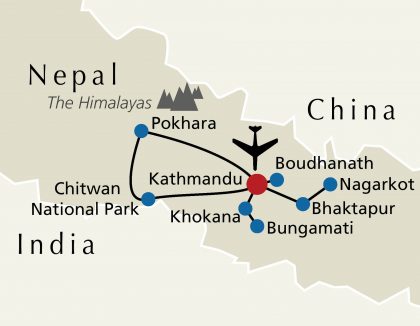
Based on our own experience and the many tips we have received from enthusiastic holidaymakers, it is our pleasure to present to you a fascinating cultural tour with Nepal’s most famous highlights and World Heritage Sites!

Based on our own experience and the many tips we have received from enthusiastic holidaymakers, it is our pleasure to present to you a fascinating cultural tour with Nepal’s most famous highlights and World Heritage Sites!
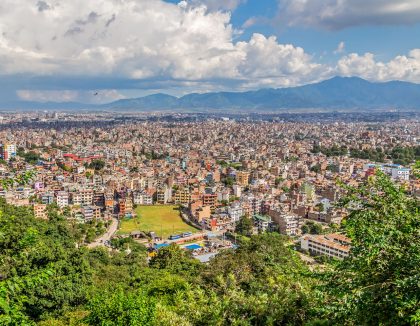
Flight to Kathmandu and arrival on day 2. Our friendly and competent English-speaking tour guide will meet us at the airport and take us to our modern touring coach. We drive to our comfortable hotel where we will spend the first 2 nights. The rest of the day you have time to start exploring Nepal‘s capital of Kathmandu.
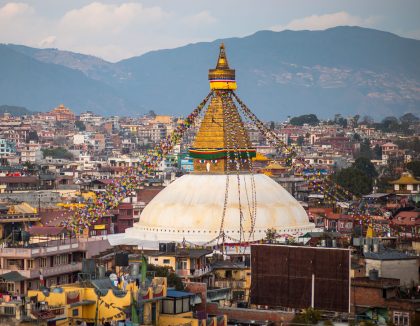
After a restful breakfast, we make our way to Bungamati and Khokana. Both places were founded in the 16ᵗʰ century and above all impress with their wonderful monuments and ancient temples. Traditional houses and the medieval culture will captivate you while we stroll through the streets of Bungamati. Here we can see dozens of wood carvers and sculptors at work. Both temples of Karyabinyak and Manakamana survived the earthquake almost unscathed a few years ago and shine in their full splendour. Khokana is a small Newari village, which is known for its mustard oil and the impressive temple. The temple is dedicated to the goddess Rudrayani. In addition, we will see the beautiful lotus pond “Kamal Pokhari” here and the fascinating reflecting pond “Aina Pokhari”. Then we will continue to Boudhanath. There we will be elated about one of the largest spherical temples (stupas) in the country, probably one of the largest in the world. It is rightly a UNESCO World Heritage Site with its 50 monasteries and is part of the Kathmandu Valley.
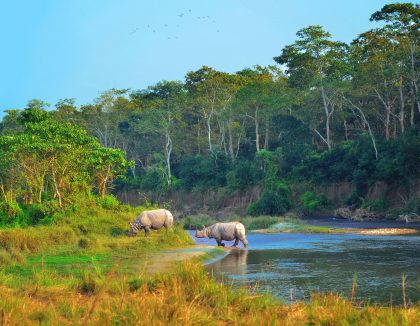
On the 4th day, our adventure begins in Chitwan National Park, which has been a UNESCO World Natural Heritage Site since 1984 (admission included). The park is home to countless animal species. These also include endangered species, such as the Indian rhinoceros and the Bengalese tiger, wild elephants, leopards, sloth bears, various species of monkey, wild dogs and wild cats. In addition, the park offers the perfect habitat for swamp mugger crocodiles, cobras and pythons. Part of the Narayani River is home to one of four species of freshwater dolphin. Later we will experience a traditional Nepalese evening with dinner and a magical show by the Tharu people. We will spend this and the next night in a comfortable hotel in the national park. In the morning, the Chitwan National Park awaits us again. Already before breakfast we will start an exciting trek through the jungle. After some fortification at breakfast, we will continue our walk through the breathtaking landscapes. We will observe different birds and animal species along the river bank. In the evening, we will enjoy another dinner together. Here in the national park, you also have the unique option to take part in an elephant safari. Discover the jungle and its inhabitants in an unforgettable way on the back of one of its “mahout”-guided elephants.
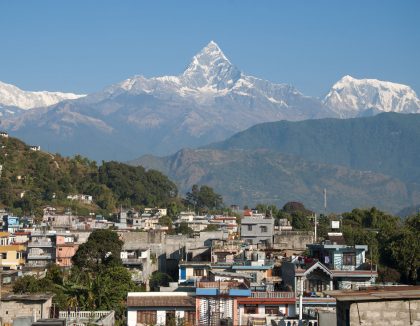
In the morning, we will drive to Pokhara, the third-largest city in Nepal. It is located in the middle of the majestic Himalayas and is surrounded by 3 of the highest peaks in the world. They rise more than 8,749 yards into the sky. Discover the city in the afternoon on your own. The next 2 nights will be spent in the Pokhara area.
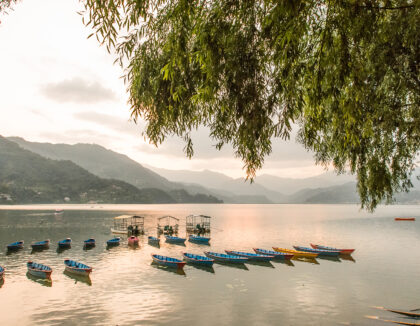
Today we witness the spectacular scene of the sun rising over the mountain peaks from Sarangkot. Situated at an altitude of 1,750 yards, Sarangkot offers views of the Dhaulagiri and Annapurna mountains, depending on the weather, and over the Pokhara valley to the south. During an interesting, optional visit to the International Mountain Museum, we learn all there is to know about the Himalayas and the first climbers to reach the summit of Mount Everest. In the afternoon we take a one-hour easy walk along the shore of Lake Phewa.
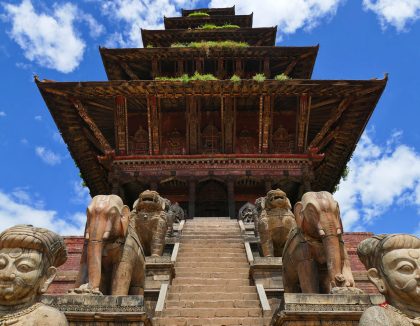
We reach Nagarkot on day 8, where we stay overnight. After a fantastic sunrise on day 9 with a view of the mountains of the Himalayas, we will drive to Bhaktapur, the best-preserved of the 3 royal cities. Here we discover some of the country‘s most breathtaking religious structures, such as the Mini Pashupati Temple, the Nyatapola Temple, the Bhairav Nath Temple as well as the 55 Window Palace. Narrow cobbled streets meander past red brick houses leading to hidden temples and courtyards. We see the royal square (admission included), which is part of the Kathmandu Valley and also a UNESCO World Heritage Site. In the streets we watch craftsmen weaving, making pottery and carving. We will spend the night again in comfort in the Kathmandu area.
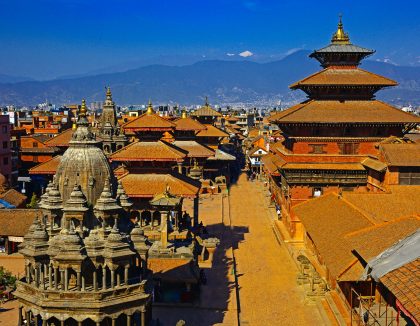
Today 3 of Nepal’s highlights await you with Kathmandu, Swayambunath and Patan. We would love to take you with us on this fantastic optional all-day excursion. It starts at the royal square in the heart of Kathmandu. In the southern part there is a former royal elephant stable as well as the temple of the living goddess Kumari – a famous incarnation of the Hindu goddess Taleju. A young girl was chosen for this and is worshipped as a “living goddess“. You can also see traces of the earthquake here. Afterwards we will experience the temple complex of Swayambhunath. This oldest of all holy shrines in the Kathmandu Valley is also known as the Monkey Temple. The ancient white-golden dome rises majestically above the valley. We then continue on to Patan. The royal city inspires with a large number of Buddhist and Hindu temples as well as more than 1,000 monuments decorated with wood and stone carvings. Here you can see one of the main courtyards “Sundari Chowk“, the royal bath “Tushahity“ and the Krishna temple. You will also visit the Golden Temple and the Mahaboudha Temple. The royal sites of Kathmandu and Patan as well as Swayambhunath are part of the Kathmandu Valley and therefore a UNESCO World Heritage Site. After an exciting day, you will drive back to your hotel in the Kathmandu area.
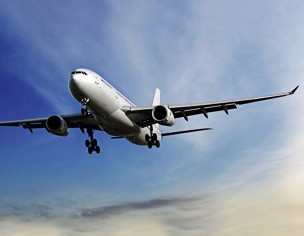
After our transfer to the airport at night, it is now time to say goodbye. A dreamlike and eventful journey with the highlights of Nepal comes to an end. We fly back to the UK happy.
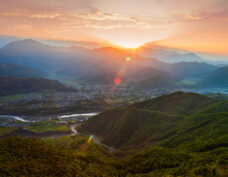
Package includes:
one of the best airlines in the world!³
incl. hotel transfers
9× tasty breakfast
Nepal‘s most famous highlights!
Look forward to a spectacular range of excursions, featuring 3 UNESCO World Heritage Sites:
• Boudhanath (World Heritage)
• Chitwan National Park (World Heritage)
• Bhaktapur (World Heritage)
• Kathmandu
• Bungamati
• Karyabinyak Temple
• Manakamana Temple
• Khokana
• Nepalese evening
• Pokhara
• The Himalayas
• Sarangkot
• Lake Phewa incl. hike
• Nagarkot
• Mini Pashupati Temple
• Nyatapola Temple
• Bhairav Nath Temple
• 55 Window Palace
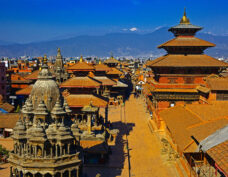
The package includes the “Elephant safari in Chitwan National Park” as well as admission to the International Mountain Museum in Pokhara and the all-day excursion “Kathmandu, Swayambhunath & Patan (World Heritage)”: only £159 per person
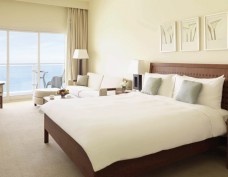
Single room surcharge: £399 per person (subject to availability)
| Jan | Feb | Mar | Apr | May | Jun | Jul | Aug | Sep | Oct | Nov | Dec | |
|---|---|---|---|---|---|---|---|---|---|---|---|---|
| Kathmandu | 18 | 21 | 25 | 28 | 31 | 31 | 28 | 29 | 29 | 26 | 22 | 20 |
| London | 8 | 8 | 11 | 15 | 18 | 20 | 22 | 22 | 19 | 17 | 12 | 8 |
Below is an information overview. The conditions of entry, as well as the political and health situation, can change anywhere in the world at any time. We therefore recommend checking before your trip. Please check the website of the Foreign Office (www.gov.uk) before your departure.
Nepal is a land-locked state in South Asia, bordered to the north by China and to the East, South and West by India.
parliamentary democracy
Kathmandu
Approx. 80% Hindus, 9% Buddhists, 4% Muslims, 1.4% Christians
Nepalese is the official national language; there are also around 50 minority languages or dialects spoken; English is understood and spoken almost everywhere
Monsoon climate, more temperate in the north thanks to the elevation. Winters are moderate, high rainfall in the summer (monsoon period June to October)
220 V, 50 Hz; an adapter is recommended.
Nepal has no summer / winter clock changes. The time difference from England is +4.45 hours in summer and +5.45 hours in winter.
The dialling code for long-distance calls from the UK to Nepal is 00977. Dial 0044 and drop the 0 from the local code when calling the UK from Nepal.
British citizens require a visa to travel to Nepal. To apply for the visa, your passport must have two blank pages and be valid for at least 6 months after the date of departure. You will be denied entry if you do not have a valid travel document or try to use a passport that has been reported lost or stolen. In addition to a valid passport, other documents are also required for visa applications. Please check with the Nepalese Embassy in the UK far enough in advance : https://uk.nepalembassy.gov.np/.
You can get a Nepal visa online up to 15 days in advance of your arrival. You can also queue up to get a tourist visa on arrival, but payment must be made in cash, with US Dollars being the preferred currency. At Kathmandu’s Tribhuvan Airport the fee is payable in any major currency. Applying in advance can reduce the time it takes you to pass through immigration. Visas are available for several lengths of stay at various costs. A single-entry visa valid for 15 days (30 US Dollars), 30 days (50 US Dollars) or 90 days (125 US Dollars).
You must have a valid visa in your passport to leave Nepal. If your visa has expired you will have to arrange an extension at the Department of Immigration, before your departure. Overstaying your visa in Nepal is a serious crime, and can lead to significant fines or imprisonment.
Citizens of other countries are advised to enquire about the applicable entry requirements from their respective embassy. Whilst we endeavour to provide guidance where necessary, we can not be responsible for any problems encountered (whether at any point of entry or elsewhere) in the event that passport and visa requirements are not satisfied.
Your expert tour guide will be able to provide you with detailed information about the country, people, history, culture, etc., and offer advice and assistance for organizing your trip. They can also help with room allocation and look forward to welcoming you with initial information. Here you will find out all you need to know and useful information about the trip. We have put together a varied programme including numerous highlights, enabling you to experience the culture and diversity of landscape that Nepal has to offer, and learn all about the country and its people.
Although your trip already includes a comprehensive package, you also have the option of choosing added extras. We recommend booking the following packages:
Gourmet package: The package includes half-board with delicious dinners, including 5x dinner in the hotel, 1× traditional nepalese dinner with a folklore show and 1× dinner with an Everest sherpa in Kathmandu: only £179 per person
Explorer package: The package includes the ”Elephant safari in Chitwan National Park” as well as admission to the International Mountain Museum in Pokhara and the all-day excursion “Kathmandu, Swayambhunath & Patan (World Heritage)”: only £159 per person
The currency unit is the Nepalese Rupee (NPR). 1 Rupee = 100 Paisa. Exchange rate (October 2023): 1 GBP = 160.05 NPR; 100 NPR = 0.0061 GBP.
In the Kathmandu Valley cash can be withdrawn from ATMs. Most ATMs accept Visa and Mastercard credit cards. EC cards are rarely accepted. The bank will charge a foreign transaction fee for each withdrawal. In high-end hotels, restaurants or businesses, but mainly in Nepal’s major cities, credit cards are accepted as a means of payment. For each cashless payment with a credit card, your home credit card company will charge a fee for using the card abroad. On trips to less densely populated regions especially, we recommend taking US dollars in cash. Foreign currency can be exchanged in all major cities.
The import of foreign currency is permitted without restriction, however it must be declared. The export of larger amounts of currency that have not been declared on arrival is a punishable offence. The national currency must not be imported or exported. The import and use of drones (UAV – Unmanned Aerial Vehicle) requires obtaining numerous permits in advance. At least the tourism authority and the Ministry of the Interior and, if applicable, the administration of the nature reserve concerned must issue a permit; for drones weighing more than 2 kilograms, also the Civil Aviation Authority (CAAN). Additional rules apply to research projects. Products manufactured in Nepal (except those banned from export) may be exported without a permit up to the amount in foreign currency exchanged by the tourist at a bank or government-authorised exchange office.
More extensive customs information about importing goods can be obtained from the embassy of the country you wish to enter. Only the embassy can provide you with legally binding information.
Important: If you are travelling to Great Britain from outside the UK, your personal allowances mean you can bring in a certain amount of goods without paying tax or duty. If you go over your allowances you must declare all your goods and pay tax and duty on all the goods in that category. Please inform yourself about the current customs regulations: www.gov.uk/bringing-goods-intouk-personal-use/arriving-in-Great-Britain.
Bandhs/strikes: In Nepal, there are occasional „bandhs“ (forced strikes with blockades or roadblocks), localised violence and closed shops (also in the Kathmandu Valley), which are sometimes enforced by force. These can severely disrupt public life and lead to enormous obstructions in travel.
Crime: Especially in tourist areas, petty crime such as pickpocketing, but also burglaries can occur.
Natural disasters: Nepal lies in an area of seismic activity, and the Himalayas region especially is at high risk of earthquakes. In the event of a severe earthquake, it must be assumed that medical facilities and general emergency services will be overloaded. During the monsoon period, which lasts in Nepal from June to the start of October, sudden and often prolonged bad weather can cause repeated flooding, torrents and mudslides that can even affect and restrict main transport routes. Travellers should follow the bad weather warnings issued by the Department of Hydrology and Meteorology and take particular care, especially on mountain slopes and near rivers.
The Nepalese police and judiciary prosecute drug offences harshly. Long prison sentences are to be expected for breaking the law. The export of large sums of money not declared on arrival can also incur significant financial penalties or imprisonment.
Sexual acts with minors are also prohibited and will be punished with a severe fine as well as with imprisonment. The Nepalese Electronic Transactions Act punishes articles in social and electronic media that disrupt social harmony in Nepal or defame individuals. Foreigners may be punished with deportation and/or prison sentences.
At least 8 weeks before your trip, check the latest country-specific health advice from the National Travel Health Network and Centre (NaTHNaC) on the TravelHealthPro website (https://travelhealthpro.org.uk/country/159/nepal)
Each countryspecific page has information on vaccine recommendations, any current health risks or outbreaks, and factsheets with information on staying healthy abroad. Vaccinations against Hepatitis A, Tetanus and Typhoid, in case of long-term stay also against dengue fever, hepatitis B, rabies and Japanese encephalitis are recommended.
Diarrhoea and gastrointestinal problems: Diarrhoeal illnesses are common all year round throughout the country. Tap water is not always safe to drink, even in cities. We recommend only consuming bottled or canned drinks, or filtering, chemically disinfecting or boiling water before drinking it. Only treated drinking water should be used for washing fruit or vegetables or for brushing your teeth. Do not consume raw, uncooked or un-peeled products. Meat must have been cooked very well before being eaten. There is a risk of infection from salmonella, shigella and typhoid bacteria, amoeba, lamblia and tapeworms all over the country. General hygiene measures such as regular hand-washing or hand disinfection after using the toilet and before eating, and keeping flies off food, can reduce the risk of infection.
Infectious diseases: In order to prevent infectious diseases such as Japanese encephalitis (JE), malaria and dengue fever, it is particularly important to protect yourself carefully against mosquitoes. against mosquitoes. Follow the recommendations below:
Medical care in large parts of the country is inadequate and often does not meet European standards. Adequate basic care is available in Kathmandu and popular tourist destinations, as well as along major trekking routes. In Kathmandu, medical care in certain specialisms is also of a very high standard. For serious illnesses, medical evacuation may therefore need to be considered, for example to Kathmandu or further on, to India. Adequate and valid health insurance, including repatriation cover, is absolutely essential. Advice from a doctor experienced in travel medicine is strongly recommended an appropriate time before you intend to travel. People with chronic conditions or those needing treatment in particular should be aware of the risks to health of travelling to Nepal. The supply of reliable medications and an uninterrupted cool chain are not always guaranteed. It must be anticipated that, especially in small pharmacies, fake products may be sold instead of proper medications. Travellers should bring sufficient quantities of medications that they take regularly with them to Nepal, and bring a letter from their doctor in English to show at immigration stating that they are needed.
It is strongly advisable to have adequate and valid health insurance coverage including provision for repatriation.
Customers must ensure that they are physically and mentally well enough to undertake their chosen trip. They should find out for themselves the physical mobility levels and mental capacity required for this trip.
All information is subject to change / Last updated: October 2023